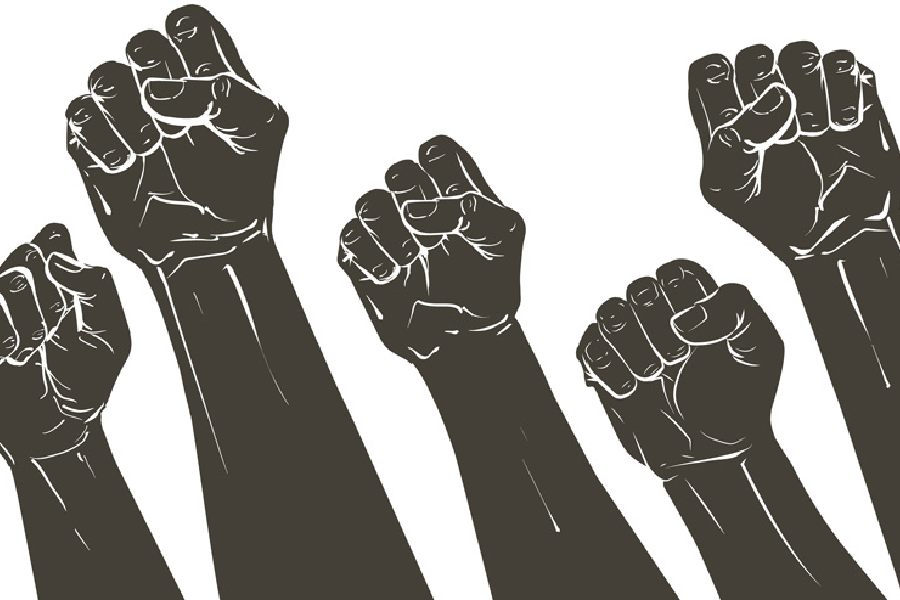Thousands of farmers across Europe are leading a giant protest in one of the most industrialised parts of the world, reminding their governments and the European Union that even in the time of Artificial Intelligence, agriculture and those who drive it remain a potent force. Using tractors to block major highways, farmers in Germany, France, Italy, Spain, Belgium, the Netherlands, Greece, Poland, Hungary, Romania and other nations have pitchforked a range of demands concerning their economic struggles to the centre of the continent’s politics. In some countries, protesters have challenged fuel taxes or plans to cut subsidies. In other instances, farmers are opposing free trade agreements with countries whose farmers are not subject to the same restrictions on the use of pesticides that exist in the EU. In the Netherlands, farmers have opposed plans to cut livestock as a way to reduce nitrogen emissions while in Hungary and Poland, protesters are demanding that relaxations on permits for Ukrainian transporters be ended to avoid their markets being flooded with products from outside the EU. Common to these civil disobedience actions is a frustration over policies that farmers say ignore their concerns while serving larger political projects, including the war in Ukraine.
With elections to the European Parliament coming up, political leaders will be under pressure to respond to the farmers. The far-Right, on the rise in multiple countries, has already tried to appropriate the concerns of farmers and workers in fossil fuel sectors worried about losing jobs to clean energy initiatives. Centrist, liberal parties that have dominated post-World War II Europe have only themselves to blame if they lose ground in the elections, as is widely expected to happen. Beyond Europe, from the United States of America to Argentina, populists have gained from the failure of mainstream politicians to balance globalisation with the demands of their domestic populations. And in India, farmers are on the march, once again, demanding that the Narendra Modi government formulate a law on the minimum support price, among other concessions. This is an opportunity for Europe and other nations to strike a new, equal compact with their farming communities. It must not be wasted.











